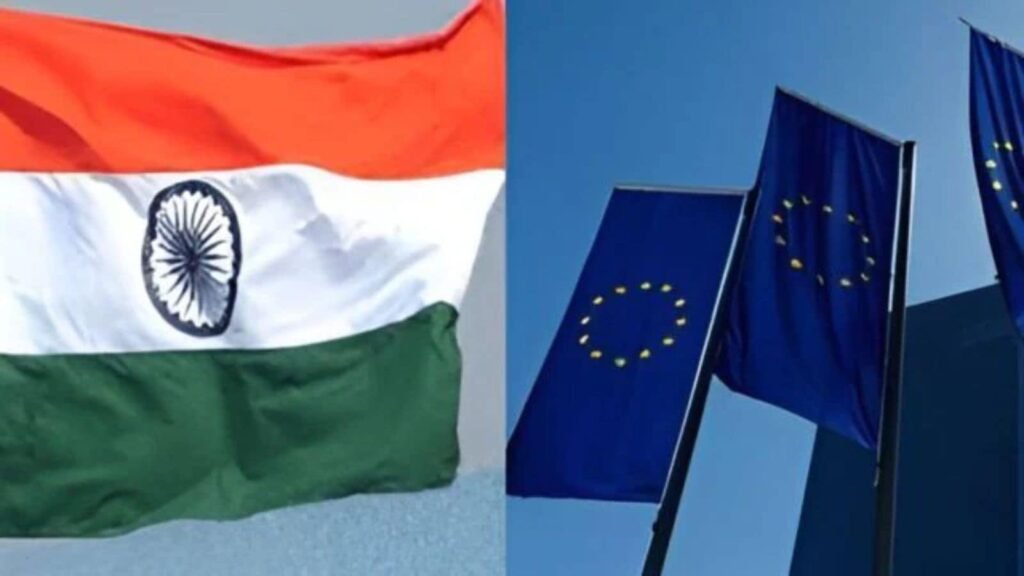India and the European Union (EU) continue to differ on Sanitary and Phytosanitary Measures (SPS), which govern food and animal safety rules and are key to India’s agricultural and processed food exports to the EU, according to a status report released by the EU on Thursday. This report follows the 12th round of talks earlier this month.
This assumes significance as the EU is India’s largest and most premium export destination for agricultural items, particularly coffee, tea, spices and rice. However, India’s exports to the EU have seen limited growth over the years, rising from $3.02 billion in FY19 to $4.54 billion in FY25, largely due to the stringent standards imposed by the EU on foreign agricultural products.
“Negotiators made some progress on the articles about listing of establishments, regionalisation and risk assessment. Further intense work will still be required on several pending articles, such as harmonisation, technical consultations or dispute settlement. Work will continue on these provisions inter-sessionally and at the next round with the objective to consolidate the chapter’s text,” the EU said on the Sanitary and Phytosanitary Measures (SPS) chapter.
One key argument from the Indian side has been the EU’s imposition of pesticide residue regulations and other norms that are often stricter than World Health Organization (WHO) standards. The EU regularly rejects Indian shipments, citing differences in standards, including restrictions on the use of methyl bromide fumigation for certain plant products.
According to the Economic Advisory Council to the Prime Minister (EAC-PM) report in 2022, the EU enforces stringent aflatoxin limits. Aflatoxins are toxins commonly found on agricultural crops such as peanuts, maize (corn), rice and tree nuts, especially in warm and humid climates. “For instance, the present EU level of aflatoxin in peanuts for direct human consumption is 2 µg/kg for B1 and 4 µg/kg total aflatoxin, and 8 µg/kg B1 and 15 µg/kg total aflatoxin for further processing. However, Codex (WHO standards) has set the maximum limit at 15 parts per billion (PPB) for peanuts,” the EAC-PM report said. “Also, in spices, the EU has set a stringent limit for aflatoxin B1 and total aflatoxins at 5 PPB and 10 PPB respectively, applicable to chillies and several other spices. However, the US permits aflatoxin levels (total) of 20 PPB for all spices,” the report said.
In the Rules of Origin chapter, the EU report stated that the negotiations cover both procedures and product-specific rules related to agricultural and processed agricultural products, fish products, chemical and petroleum products. Discussions also covered wood and paper products, machinery, and industrial items such as railways, aircraft, ships, and medical devices.
“Discussions focused on both market access (tariff schedules) and the remaining articles of the chapter’s text. EU and India explored whether solutions could be found for the pending issues in the text. On market access, detailed discussions continued on both industrial products and the agri-food sector,” the report on the Trade in Goods chapter said.
© The Indian Express Pvt Ltd


